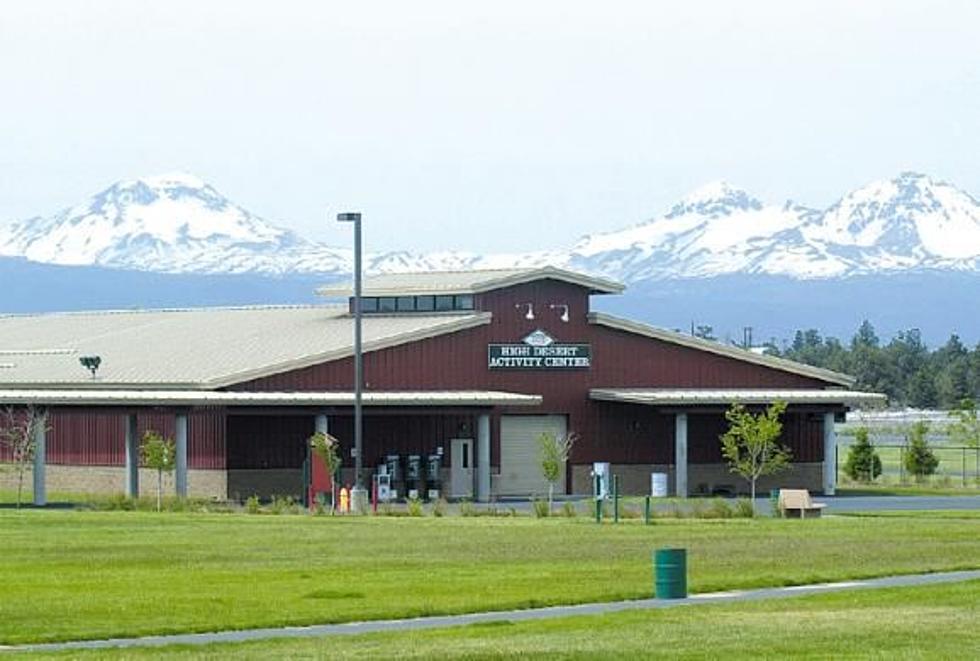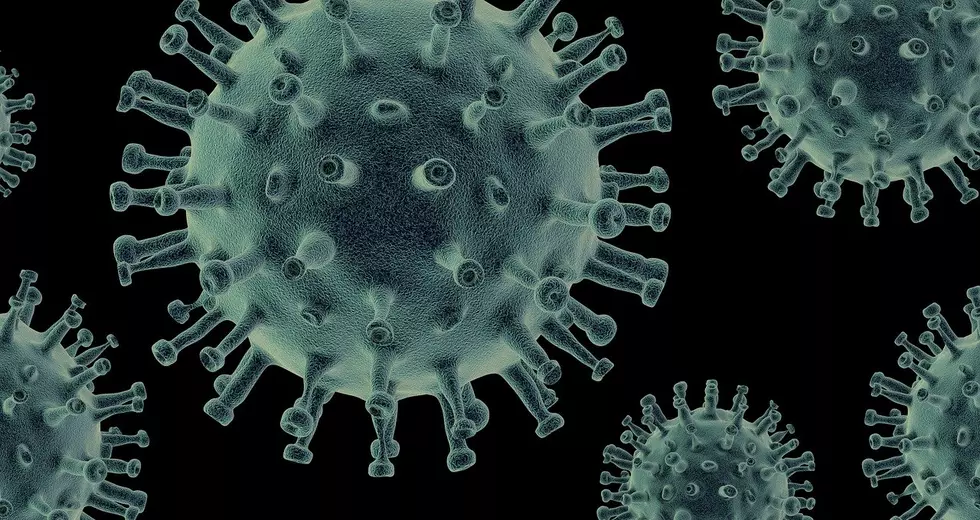
Keep Your Workers Clear Of COVID During Harvest
Harvest season is here across the Pacific Northwest and the last thing you need is someone down and out because of COVID-19. With the delta variant being highly contagious, COVID cases and hospitalizations are on the rise again, just as farmers are heading to the fields this fall.
Dr. Tyler Clay, an internal medicine clinical pharmacy specialist and clinical assistant professor of infectious disease at Marshall University school of pharmacy in West Virginia, said getting the vaccine can protect you from serious illness this harvest season.
“Simply put, it's the best way to prevent yourself from having serious illness," Clay noted. "I work in the hospital and what we're seeing with our numbers right now is about 90 percent of hospital admissions are in individuals who are unvaccinated 90 percent of our ICU admissions are individuals who are unvaccinated. So, yes, it is still a potential for you to have what we call a breakthrough case or get infected with COVID 19, if you have had the vaccine, but the chances of you having severe adverse outcomes associated with that infection are far, far less if you have been vaccinated.”
Additionally, getting vaccinated helps those who can’t, such as your children under 12 which the vaccine is not yet approved for. As for the delta variant, Clay said that is the most contagious variant yet.
“We measure how contagious virus is based on something called the R-naught. So. with the original strain of COVID-19, we had an R-naught of two, which meant for every individual who's infected with COVID-19, they then went on to infect an average of about two additional individuals. With this delta variant we're seeing an R-naught of six, meaning that for every person that's infected with COVID 19 are going on to infect approximately six individuals.”
For those who may have concerns on how the vaccine was developed so quickly, Clay explains how cutting red tape helped pave the way.
“The vaccines were developed at the speed of science, and we've actually just removed a lot of barriers that typically slow down that scientific process," Clay noted. "So, normally when we run a clinical trial, we design the first part we collect data, and then we go ask for more funding. And then we do the second part of the trial, analyze that data, and then go request more funding. The U.S. government basically removed all those barriers by giving all the funding that was needed up front, so that's a huge leap forward as far as the amount of time the trial take. The second thing is the trials surrounding the COVID-19 vaccines are some of the largest clinical trials that have ever been done, however, we actually enrolled these individuals far more quickly than we normally would have been able to. The third leg of that is the expedited review. So, there was nothing skipped, it was just expedited, meaning that all these reviews were happening simultaneously so we can get the vaccine available and out to the public, much quicker.”
Clay said the safety and effectiveness of the vaccines are closely monitored.
“We we've had millions of adults across the country receive these vaccines now. And we also have very rigorous monitoring programs in place. So, when you look at the pause we had with the Johnson and Johnson vaccine, because of these rigorous monitoring programs we had, we were able to catch that potential flag as small as number of six individuals that potentially had an adverse effect. The FDA then paused that vaccine and we reviewed the data to make sure it was safe and it was effective, and then we reinstated the vaccine and allowed it to be continued to be administered. That really speaks to the rigor of this program that we have in place to monitor these vaccines for safety.”
Clay adds serious side effects that would cause a long-term health problem are extremely rare following COVID-19 vaccination, and the risk of a serious illness from COVID-19 itself is much higher.
"Most common that we're going to see is just a sore arm and some individuals actually have a little bit of redness at the injection site, maybe a little bit of itching that goes along with it. And that's not uncommon and typically goes away in a few days. Some people may experience, tiredness, headache, muscle pain, fever, chills, kind of those general flu like side effects, but they really shouldn't affect an individual's ability to carry out their daily functions and they typically go away in a day to two days. The side effects are very similar to other vaccines, and what this really is your body's immune response building up the immunity you need to help protect you when you eventually come in contact with the virus.”
Clay said if you have questions about the vaccine talk with your doctor or visit vaccines.gov.
If you have a story idea for the PNW Ag Network, call (509) 547-1618, or e-mail gvaagen@cherrycreekmedia.com
More From PNW Ag Network









